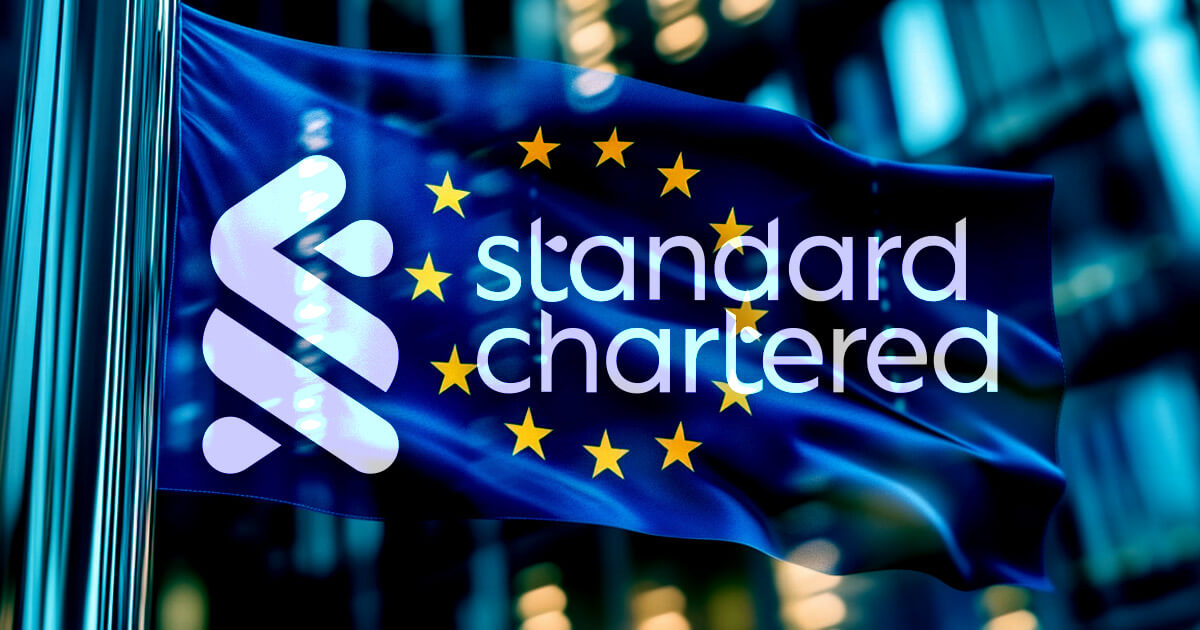Coinbase Global Inc. said Thursday it would fight the Securities and Exchange Commission over the agency’s claim that much of its business is illegal and try to convince a court that Wall Street regulators lack the authority to oversee cryptocurrency markets.
Coinbase Global Inc. said Thursday it would fight the Securities and Exchange Commission over the agency’s claim that much of its business is illegal and try to convince a court that Wall Street regulators lack the authority to oversee cryptocurrency markets.
The company outlined its legal strategy in a memorandum that formally responded to the SEC’s earlier notice of a potential enforcement action against the company. The memo, made public by Coinbase along with a video featuring its chief executive, underscores the company’s effort to generate political backing and public supportfor its confrontation with the SEC.
Hi! You’re reading a premium article
The company outlined its legal strategy in a memorandum that formally responded to the SEC’s earlier notice of a potential enforcement action against the company. The memo, made public by Coinbase along with a video featuring its chief executive, underscores the company’s effort to generate political backing and public supportfor its confrontation with the SEC.
An SEC lawsuit against Coinbase would threaten the unregulated business model of crypto exchanges, which contributed to their early profitability and rapid growth. If Coinbase loses, it could be forced to register parts of its business with regulators or delist many crypto tokens that regulators say are securities that should have to comply with investor-protection rules.
Gary Gensler, the SEC’s chairman, told House lawmakers last month that crypto exchanges are largely noncompliant with laws they are supposed to follow. They may need to delist many tokens they offer and restructure their operations to fit within SEC rules designed to limitconflicts of interest and other risks to investors, he said.
The regulatory feud comes as Coinbase struggles to make money amid a broader downturn in cryptocurrency markets. The company posted four consecutive quarterly losses as lower prices for assets like bitcoin hurt its revenue and trading volumes declined.
Lower trading volume has hurt Coinbase’s transaction revenue, the lion’s share of the company’s total net revenue over the past two years. Its other revenue streams from staking—where investors earn yield from locking up crypto—and interest income earned on a cryptocurrency pegged to the dollar, USD Coin, are also under threat as regulators go after staking. The market cap of USD Coin has declined by $10 billion since the start of last month’s banking crisis.
The SEC in March told Coinbase that regulators would likely allege the company operated a securities exchange, a brokerage firm, and a clearinghouse in violation of federal laws. It also said Coinbase sold assets that should have been registered as securities. Registration typically requires giving buyers audited financial statements and risk disclosures.
Coinbase says the hundreds of cryptocurrencies on its exchange aren’t securities and that it has repeatedly explained its process for listing tokens to the SEC. So far, SEC officials have only conceded that bitcoin, which accounts for 29% of Coinbase’s transaction revenues, isn’t a security.
“I don’t think it’s bet-the-company litigation, but it’s critical for the industry as whole that we get clarity around what assets can be offered in the U.S. and on what terms,” Coinbase chief legal officer Paul Grewal said in an interview.
Mr. Gensler has disputed that laws aren’t clear. “Crypto markets suffer from a lack of regulatory compliance,” Mr. Gensler said in an online video Thursday. “It’s not a lack of regulatory clarity.”
Coinbase CEO Brian Armstrong and Mr. Grewal released their own four-minute video, part of an unusual public-relations strategy to ward off the SEC. The executives addressed the SEC’s five commissioners, who must vote to approve any enforcement action the agency would take.
A lawsuit “at this stage, when there is not a clear rulebook, is not constructive, and it’s not good for America,” Mr. Armstrong said.
The SEC has waged an enforcement campaign against crypto since late 2017, with activity accelerating after the collapse of global crypto exchange FTX. Prosecutors have since accused FTX’s founders of committing fraud. While most crypto companies settled with the SEC rather than go to court, a few have taken their chances at trial.
Ripple Labs Inc. has litigated with the SEC over the sale of the XRP cryptocurrency since 2020. A federal judge could issue a final decision in the case in the coming months.
A lawsuit against Coinbase would put more pressure on the industry to heed Mr. Gensler’s call to follow SEC rules. Yet despite the SEC filing over 100 crypto-related enforcement actions in seven years, many crypto firms continue to insist securities laws are a poor fit for regulating digital assets.
“Whatever the outcome of any litigation between the SEC and Coinbase, companies undoubtedly will figure out workarounds,” said Robert Stern, a partner at Weil, Gotshal & Manges LLP who has represented crypto firms. “So I’m not sure this is the be-all, end-all of whether the SEC will be able to regulate this space the way Chairman Gensler would like to.”
Much of Coinbase’s response to the SEC’s lawsuit notice argues that regulators have refused to list the digital assets that are securities. The firm said a court should also consider whether regulators have the authority to regulate crypto assets at all.
Coinbase said a legal test, known as the major questions doctrine, invoked last year by the Supreme Court, raises doubt about that authority. That doctrine restricts federal agencies from taking steps with vast economic and political significance without what the majority of the court considers explicit direction from Congress.
An SEC spokesman declined to comment on Coinbase’s memo, noting the agency doesn’t acknowledge investigations until a lawsuit is filed.
“The threat of imminent litigation appears to be intended to pressure Coinbase to accept demands that the commission simply does not have the authority to order,” Steven Peikin, an attorney for Coinbase, wrote in the response memo to the SEC.
Mr. Peikin oversaw the SEC’s enforcement program from 2017 to 2020, including many of its early actions against crypto companies. Mr. Peikin is now a partner at Sullivan & Cromwell LLP, the law firm that also employs Jay Clayton, who ran the SEC during the Trump administration and kicked off the SEC’s enforcement campaign against crypto.
An SEC lawsuit against Coinbase could test regulators’ reliance on a 76-year-old Supreme Court test known as Howey to regulate many crypto projects. The Howey case addressed the sale of an “investment contract,” a type of security regulated by the SEC.
Coinbase says the Howey test covered a company’s initial sale of an asset, and regulators haven’t proven why it should govern tokens trading on secondary markets. Losing on that theory would decimate the SEC’s ability to regulate cryptocurrencies, which most investors access through exchanges.
Credit: Source link















































